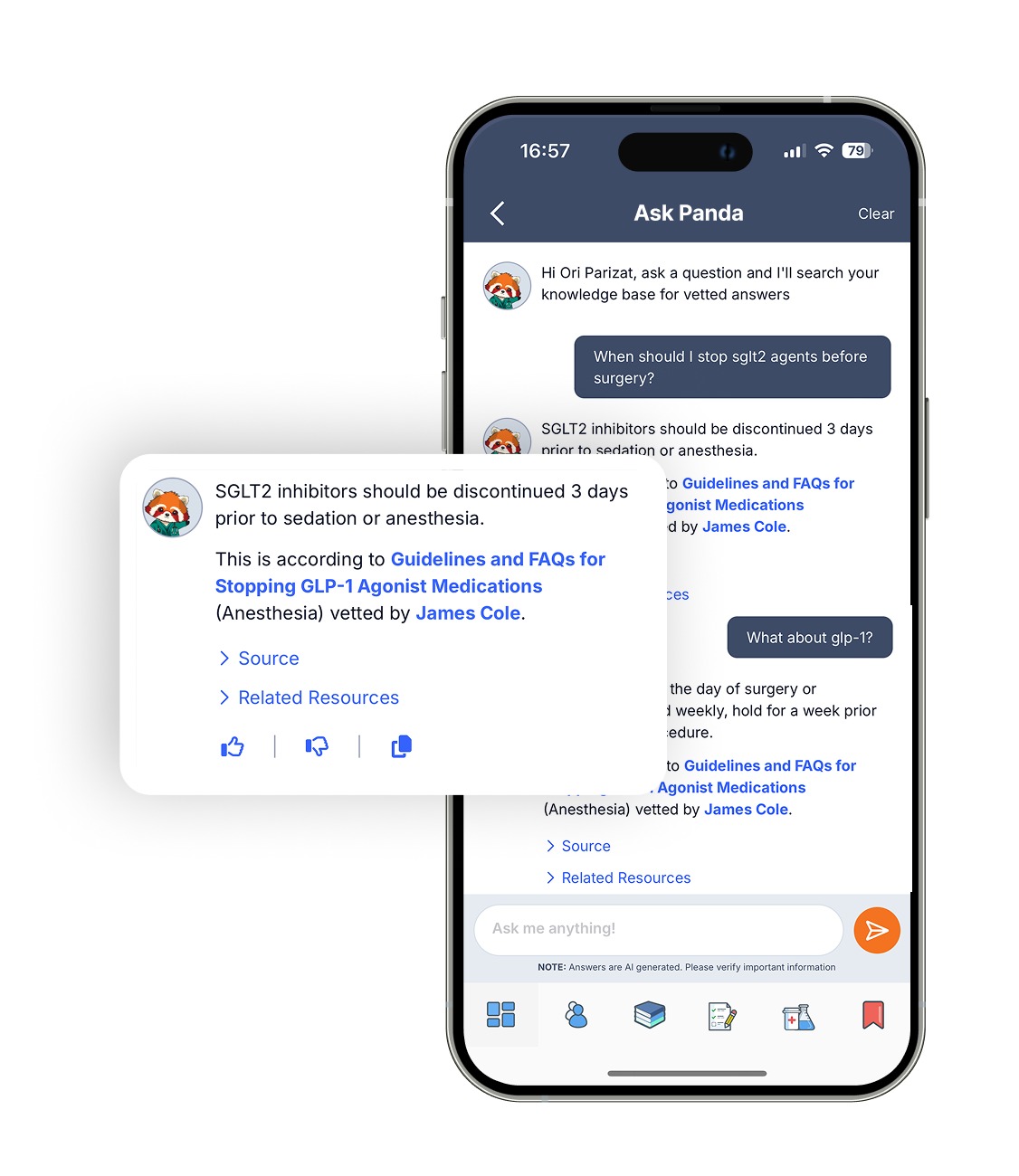Medicine is a highly regulated field for a vital reason: the difference between performing a procedure correctly or incorrectly can be a matter of life or death. In hospitals, it’s not only doctors and nurses who are involved in patient care, but also the support staff who handle records, equipment, and waste. All of them must adhere to rules and best practices, which are often scattered across different systems.
For New York City AI startup C8 Health, this lack of integration is a $345 billion issue. Dr. Ido Zamberg, C8’s Chief Medical Officer, was surprised by how difficult it was to access necessary information in medicine, requiring navigation across multiple systems.
C8 Health aims to solve this with its AI-powered platform, initially designed for anesthesiologists, which structures and provides immediate access to clinical best practices. According to CEO and co-founder Galia Rosen Schwarz, the platform ensures seamless knowledge access across various devices and EMR systems.
With a recent $12 million Series A round led by Team8, C8 Health plans to expand and improve upon its offerings. C8 Health, founded in 2022, addresses the challenge of delivering evidence-based practices to healthcare providers, ensuring high standards of care.
Protocols are often dispersed in hospitals, prompting C8 Health to centralize clinical guidance and make it accessible to clinicians based on their role and schedule. A red panda avatar on their platform helps deliver relevant information and reminders in real-time.
C8 Health reports high clinician adoption rates and proactive performance tracking that integrates into their knowledge platform, allowing clinicians to access real-time feedback and guidance.
Unlike generic software, C8 Health is designed for the complex healthcare environment, with proprietary data structuring to make clinical knowledge easy to access. With further funding, the company plans to strengthen systems’ integration in hospitals and expand their reach to outpatient settings. C8 Health believes that better access to institutional knowledge is crucial for maintaining and improving care quality.

